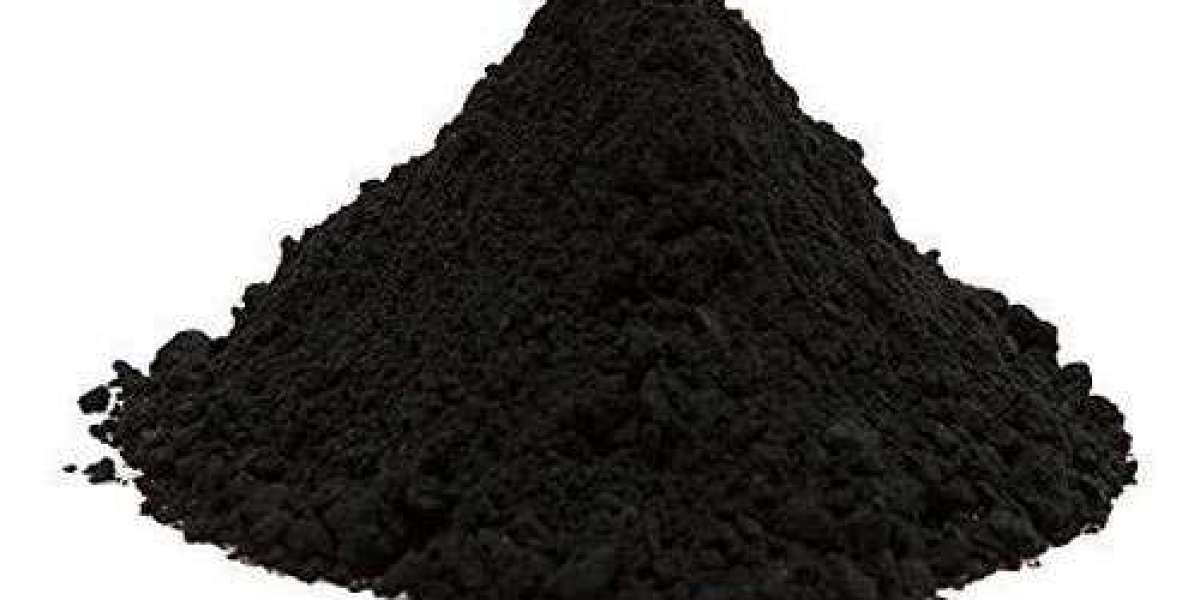When it comes to manufacturing facilities, the importance of proper industrial lighting cannot be overstated. The right lighting not only ensures a safe and productive work environment but also has a significant impact on the overall efficiency and quality of the manufacturing process.
Enhancing Safety and Productivity
Proper industrial lighting plays a crucial role in enhancing safety within manufacturing facilities. Inadequate lighting can lead to accidents, errors, and even long-term health issues for workers. By providing sufficient illumination, the risk of slips, trips, and falls can be significantly reduced. Moreover, well-lit work areas contribute to improved visibility, allowing workers to operate machinery and handle materials with greater precision and accuracy. This, in turn, leads to increased productivity and a higher quality of output.
Impact on Employee Well-being
It's essential to recognize the impact of proper industrial lighting on the well-being of employees. Inadequate lighting can cause eye strain, headaches, and fatigue, leading to decreased morale and productivity. On the other hand, well-designed lighting that minimizes glare and provides uniform illumination can create a more comfortable and pleasant work environment. This not only improves employee satisfaction but also reduces the likelihood of absenteeism and turnover, ultimately benefiting the manufacturing facility as a whole.
Energy Efficiency and Cost Savings
Proper industrial lighting doesn't just benefit the people working within the facility; it also has a significant impact on energy efficiency and cost savings. With the advancement of LED technology, industrial lighting solutions have become more energy-efficient than ever. By upgrading to energy-efficient lighting systems, manufacturing facilities can significantly reduce their energy consumption and operating costs while also minimizing their environmental footprint. This makes proper industrial lighting a sustainable and cost-effective investment in the long run.
Quality Control and Compliance
Another crucial aspect of proper industrial lighting is its role in quality control and compliance with industry standards. In manufacturing, accurate color perception and visual inspection are essential for ensuring the quality of products. Proper lighting not only enables workers to detect defects and inconsistencies more effectively but also helps in meeting regulatory requirements and quality control standards. Whether it's in automotive manufacturing, food processing, or pharmaceutical production, the right lighting is indispensable for maintaining high-quality standards and regulatory compliance.
In conclusion, the importance of proper industrial lighting in manufacturing facilities cannot be emphasized enough. From enhancing safety and productivity to improving employee well-being, energy efficiency, and quality control, the impact of lighting is far-reaching. By investing in the right lighting solutions, manufacturing facilities can create a safer, more efficient, and more sustainable work environment, ultimately leading to improved operational performance and overall success.







